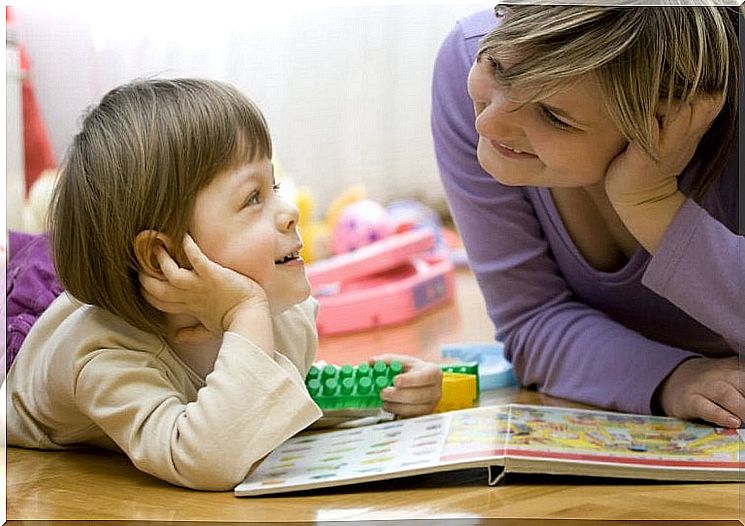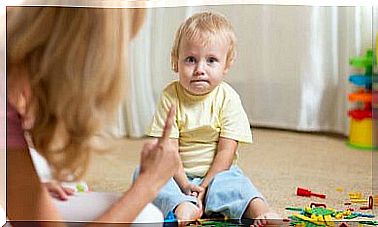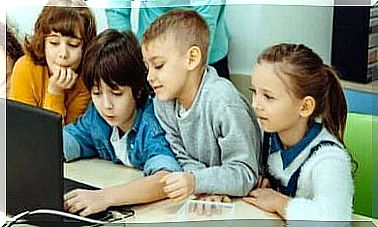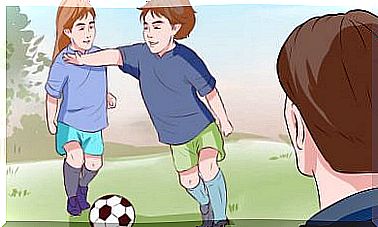Language Development Disorders: 7 Exercises

Various exercises can help children with language development disorders move forward faster.
You should have your child treated by a speech therapist or speech therapist. In addition, it is important to practice daily at home to encourage language development.
Then you will find various exercises that are very beneficial for children with language problems. You can easily incorporate them into everyday life.
Speech development disorders: 7 exercises
1. Index cards
Flashcards can help children learn the sounds they have difficulty pronouncing. Turn it into a game and reward your child for correctly pronouncing the sounds on the index cards.
This not only makes the exercise more attractive to your child, but also motivates them to always pronounce the sounds correctly.

2. Mirror exercises
Children with articulation problems are likely to have difficulty pronouncing certain sounds and words. This is because they are unable to make the correct movements with their mouth to create the sound they want.
Mirror exercises are especially helpful in helping young children overcome these difficulties.
Show your child how to properly shape their mouth and pronounce the sound that goes with this movement.
Then have your child repeat the movement in front of the mirror. In this way, they learn to move their mouth to pronounce the words that are difficult for them.
3. Repetition
Even if it is boring and annoying, frequent repetitions are very important for speech development disorders. This allows the child to learn and improve.
As you repeat words for your little one, make it slow and clear. Make sure the child can hear the different sounds that make up the word.
4. Frog jump
This is a fun and simple game for stimulating speech development. This exercise involves repeating a word at least six times in a row.
To do this, you need to write down the words that your child needs to learn on a piece of paper. Then you can distribute the pieces of paper around the room.
Your child has to jump from one piece of paper to the next like a frog in a pond. When your child picks up a piece of paper, they will read the word aloud (with your help if necessary). To keep the game from becoming tiring, keep the number of jumps low.

5. Speak in front of your child
The child’s language development is more likely to begin when parents and family speak to the child frequently and express themselves clearly.
Even when adults talk to each other, young children can learn new words at an early age. This is the key to developing verbal communication skills.
6. Name objects
Talking to your child regularly is the best way to develop their language skills. One way to speed up this process is to pronounce the name of an item the child wants and encourage them to repeat the word.
To encourage your child to name the item, give them a toy or other item only if they can ask for it in words without resorting to hand gestures. This will encourage your child to use language to get what they want.
7. Read stories to your child
Reading a story is perfect for developing language skills at a young age.
In addition to strengthening the bond between parent and child, a bedtime story can help you learn new vocabulary, recognize sentence structures and practice more complex words.
Reading stories aloud will also stimulate your child’s creativity and imagination.









